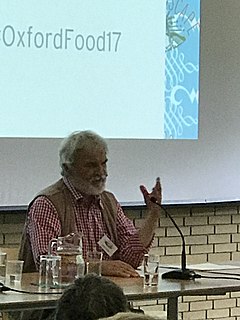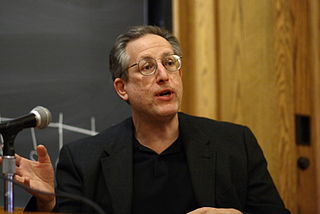A Quote by Peter Singer
All the particular moral judgments we intuitively make are likely to derive from discarded religious systems, from warped views of sex and bodily functions, or from customs necessary for the survival of the group in social and economic circumstances that now lie in the distant past.
Related Quotes
Every religion I know of has changed its views with respect to concrete controversies over long periods of time. People's views about the morality of homosexuality are likely to undergo some change, even though they're making judgments based on their religious beliefs. Because in fact, religion is an extremely durable, and yet flexible, way of trying to apprehend what's good and what's bad in the world. In fact, its durability comes from its flexibility. Now, speaking from inside a religion, it's hard to talk that way.
Morality is neither rational nor absolute nor natural. World has known many moral systems, each of which advances claims universality; all moral systems are therefore particular, serving a specific purpose for their propagators or creators, and enforcing a certain regime that disciplines human beings for social life by narrowing our perspectives and limiting our horizons.
[T]he bill exceeds the rightful authority to which governments are limited by the essential distinction between civil and religious functions, and violates in particular the article of the Constitution of the United States which declares that Congress shall make no law respecting a religious establishment.... This particular church, therefore, would so far be a religious establishment by law, a legal force and sanction being given to certain articles in its constitution and administration.
Present global culture is a kind of arrogant newcomer. It arrives on the planetary stage following four and a half billion years of other acts, and after looking about for a few thousand years declares itself in possession of eternal truths. But in a world that is changing as fast as ours, this is a prescription for disaster. No nation, no religion, no economic system, no body of knowledge, is likely to have all the answers for our survival. There must be many social systems that would work far better than any now in existence. In the scientific tradition, our task is to find them.
As a moral and social institution, a weekly rest is invaluable. It is a quiet domestic reunion for the bustling sons of toil. It ensures the necessary vacation in those earthly and turbulent anxieties and affections, which would otherwise become inordinate and morbid. It brings around a season of periodical neatness and decency, when the soil of weekly labour is laid aside, and men meet each other amidst the decencies of the sanctuary, and renew their social affections. But above all, a Sabbath (one day of rest in seven) is necessary for man's moral and religious interests.







































